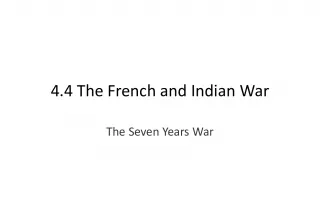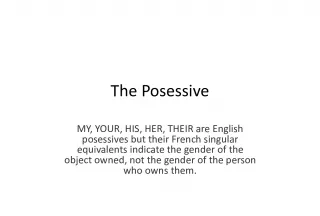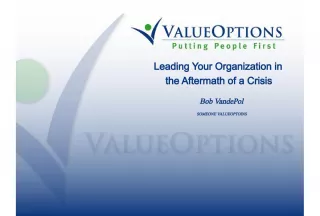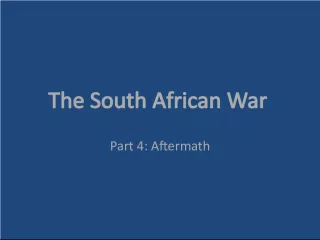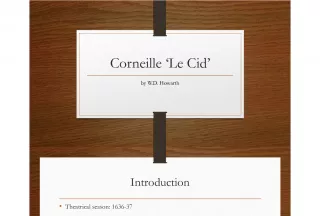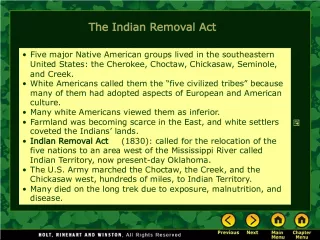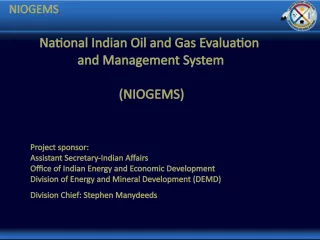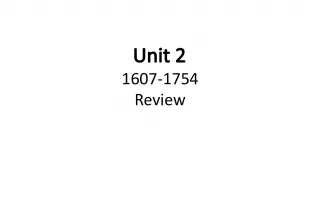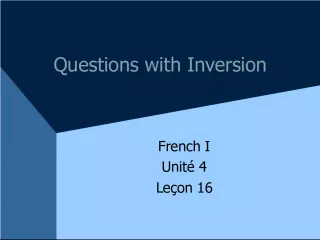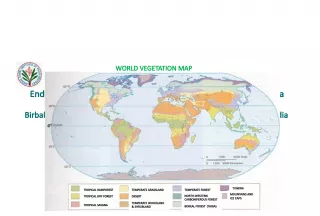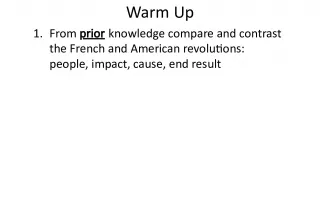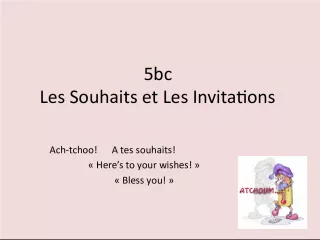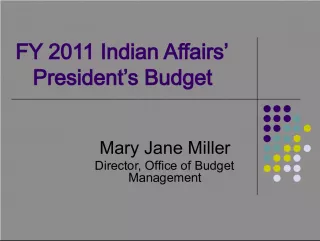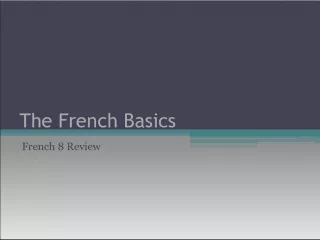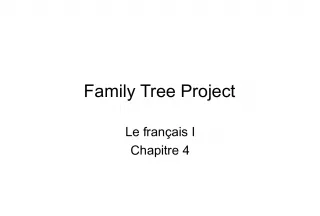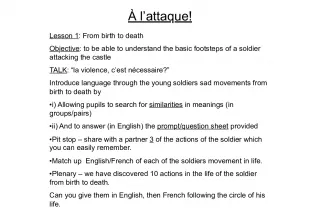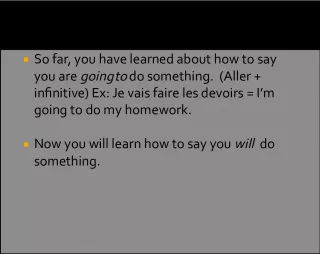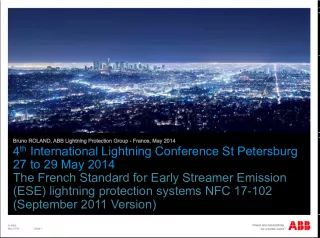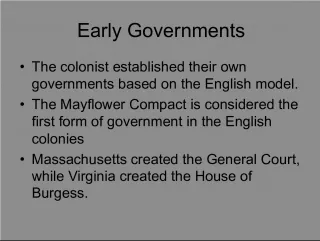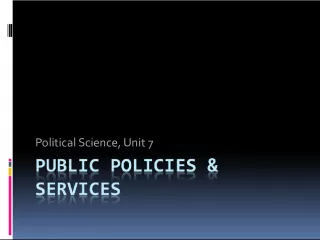Taxing the Colonists: The Aftermath of the French and Indian War
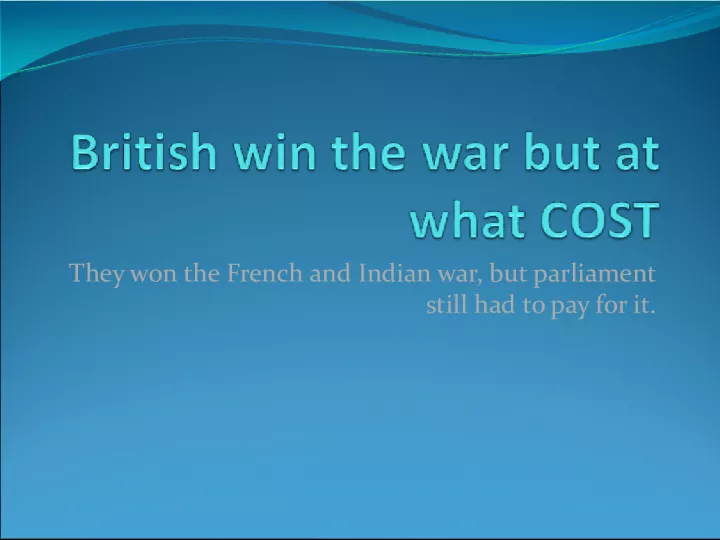

Despite their victory in the French and Indian War, Parliament was left with a hefty bill to pay for the cost of military efforts in the colonies. To
- Uploaded on | 0 Views
-
 evelyn
evelyn
About Taxing the Colonists: The Aftermath of the French and Indian War
PowerPoint presentation about 'Taxing the Colonists: The Aftermath of the French and Indian War'. This presentation describes the topic on Despite their victory in the French and Indian War, Parliament was left with a hefty bill to pay for the cost of military efforts in the colonies. To. The key topics included in this slideshow are . Download this presentation absolutely free.
Presentation Transcript
Slide1They won the French and Indian war, but parliamentstill had to pay for it.
Slide2Taxing the Colonists George Greenville asked Parliament to tax the colonists. They had to keep an army in the colonies to protect against attack.
Slide3The Sugar Act Put taxes on Molasses and Sugar imported by the colonists.
Slide4Cracking down on Smuggling British officials tried harder to arrest smugglers. Traders had to make a list of what was on their ships and had to be approved before they could leaver the port.
Slide5Stop and Search British ships stopped other ships to search for smuggling goods.
Slide6Changing the Legal System Parliament gave greater powers to the Vice-Admiralty courts. They had no juries, and the judges treated suspected smugglers as guilty until proven innocent. Regular British Courts it was the opposite.
Slide7Taxation without Representation No one in Britain had asked the colonists if they wanted to be taxed. The colonists had no direct representatives in Parliament.
Slide8Committees of Correspondence Samuel Adams helped found and spread the ideas of no taxation to the other colonies. A popular method of protest BOYCOTT BOYCOTT This is where people refused to buy British goods.
Slide9Stamp Act This act required colonists to pay for an official stamp, or seal when they bought paper items. Had to be paid for licenses, newspapers, pamphlets, and even playing cards.
Slide10Protest against the TAX Sons of Liberty: a secret society that sometimes used violence to frighten tax collectors. Many courts shut down because the colonists refused to buy the stamps required for legal documents. Businesses refused to buy stamps.
Slide11Repealing the Stamp Act In Boston they called on delegates from 9 colonies to fight against the act saying it was a violation of their rights and liberties. Parliament in Britain was mad so they passed the Declaratory Act …..this stated that parliament had the power to make laws for the colonies “IN ALL CASES”
Slide12Townshend Acts Placed taxes on glass, lead, paint, paper, tea. Samuel Adams wrote a letter saying that the laws violated the legal rights of the colonists. Tax collectors seized the ship Liberty on suspicion of smuggling. This angered the ship owners and the SON”S OF LIBERTY.
Slide13British Soldiers arrive in Boston toRestore Order The colonist didn’t like the British, The British didn’t like the colonists. March 5, 1770 ….A soldier and a colonist were aguing and the soldier struck him, a crowd gathered around the soldier throwing snowballs and shouting insults. The soldiers fired into the crowd of colonists. Killing 3 men CRISPUS ATTUCKS was killed.
Slide14Boston Massacre This is what the shooting was known as. Samuel Adams and other protesters spread the word using propaganda. Propaganda is a story only giving one side of the argument, against the British.
Slide15British Soldiers Released John Adams, Samuel Adams cousin defended the soldiers in court. He argued self-defense and the soldiers went free.
Slide16Repealing the Townshend Act They took the taxes away from everything except tea. Most of the Tea was being smuggled without paying taxes. The British East India Company offered tea at a lower price than the smugglers could get it, and they still paid taxes on it.
Slide17The tea Act Allowed the British East India Company to sell tea directly to the colonists. December 16,1773 colonists disguised as Indians sneaked onto the 3 filled tea ships and dumped over 340 chests of Tea into the Harbor. This event is known as the BOSTON TEA PARTY >
Slide18Intolerable Acts Boston Harbor closed until ruined tea was paid for. Royal officials accused of crime were sent to Britain for trial. This let them see a friendlier judge. Colonists had to house British Soldiers General Thomas Gage became the new Governor of Massachusetts All of this angered the colonists towards the British.
Slide19Writs of assistance Allowed tax collectors to search and seize smuggled goods.
